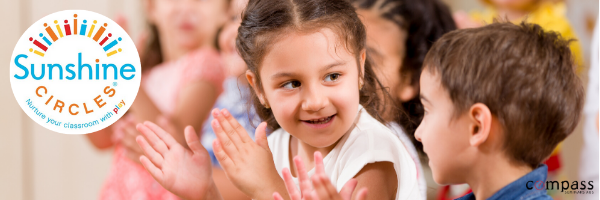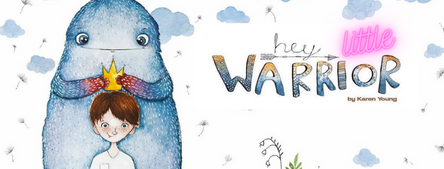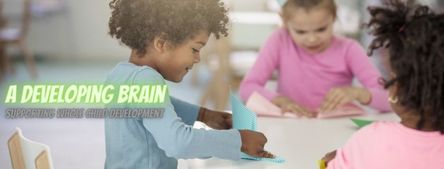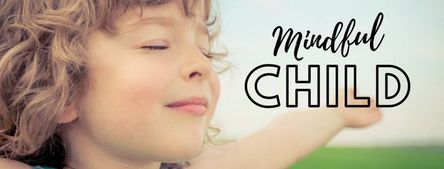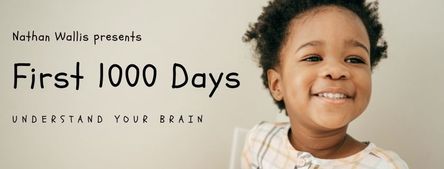KINDY UPLIFT
Resources, support and professional development for QLD Early Childhood Educators
The Kindy Uplift program enables more than 900 kindergarten program providers to respond to the educational and developmental needs of kindergarten children. The Kindy Uplift program targets kindergarten services, including community kindergartens and long day care services, to improve early learning outcomes for up to 13,500 children each year.
Kindy Uplift funding will be used to respond to children’s learning and development needs through evidence-based initiatives that lift outcomes for kindy children. The amount of funding your service receives is dependent on the level of educational need and enrolment numbers at your service.

Kindy Uplift Program Funding
For more information on how to use your kindergarten funding, please refer to the Kindy Uplift decision-making guide on the Kindy Uplift Program website.
Not sure which workshop to attend or looking for training at your kinder? Contact us now
Priority Areas
Kindy Uplift funding is to be used to strengthen children’s access and meaningful participation in the full range of kindergarten experiences.
The Kindy uplift focuses on 5 priority areas:
social and emotional capability
physicality
thinking and responding
oral language and communication
access and inclusion
Choose one of our workshops as part of your annual uplift plan to demonstrate how you are improving the outcomes for children at your service.
Workshops
Our face to face early childhood professional development workshops align with the Kindy Uplift Program and support children’s learning and development across three priority areas:
-
Social and emotional capability: Children feel safe, secure and confident in themselves and the learning environment, enabling them to take risks and make decisions. Children have the skills to sustain engagement in learning, manage emotions and connect positively with peers and significant adults.
-
Thinking and responding: Children take in verbal and non-verbal stimuli and process this information to make meaning linked to their current knowledge and experience. Children demonstrate their understanding and respond in a variety of culturally appropriate ways.
-
Physicality: Children demonstrate coordination, strength, gross and fine motor skills in a range of learning situations. Children are confident to make use of the learning environment to support their physical wellbeing.
Each workshop is:
-
designed specifically for early childhood settings
-
evidence-based/informed
-
improves children’s learning, development, mental health and wellbeing
-
eligible for your Kindy Uplift plan
SUNSHINE CIRCLES®
Nurture your classroom with play!
Sunshine Circles® is an evidence based group based on Theraplay® principles that focuses on the social and emotional development of children. Sunshine Circles® gives children an opportunity to practice their self-regulation skills, co-regulation skills and to feel encouraged to have a go at achievable challenges. Educators lead playful, cooperative and nurturing activities to create an atmosphere of fun, caring, acceptance and encouragement. The goal is to enhance children’s social, emotional and cognitive development. Children embrace the three rules of Sunshine Circles®… No Hurts, Stick Together and Have Fun!... and carry them with them throughout the day. Sunshine Circles® provides educators with the resources to maintain an emotionally positive and cognitively enriched environment.
HEY Little WARRIOR!
Anxiety in Little Kids
Designed specifically for early childhood settings, this workshop is based on ‘Hey Warrior’ and ‘Hey Awesome’, the best-selling, highly-acclaimed children’s books which turn anxiety into an ally, and explore and explain anxiety through a neuroscientific, child-friendly lens. In this workshop renowned author and anxiety expert Karen Young, will provide early childhood educators with the practical strategies and information to support a class-based approach towards strengthening all children against anxiety, expanding their capacity for brave behaviour, and understanding more about the brain. Upon completion of the workshop, early childhood educators will have the information and practical tools to work with children on a group or individual level to support a greater understanding of the brain, build their capacity to calm big feelings (including anxiety and anger) and move towards brave behaviour.
A DEVELOPING BRAIN
Supporting Whole Child Development
Designed specifically for early childhood settings, this workshop by renowned author and neuroscience educator Karen Young explores the recent developments in neuroscience that have given us remarkable insight into the conditions and experiences that can dramatically influence the growth and development of all young children in positive and enduring ways. Early childhood is a particularly critical time for the developing brain, and the early childhood environment is rich with the necessary experiences and relationships to support children in their development, behaviour, learning, and social and emotional well-being. The relationships and experiences children are exposed to in their earliest years, will influence the neural foundations upon which their growth and development is built. This dynamic workshop will explore these conditions, and ways early childhood professionals can translate this knowledge into practice to nurture the holistic development of all children.
MINDFUL CHILD
A fun and interactive workshop for educators with ideas and practical tips on bringing mindfulness into early childhood settings. A Mindful Child is designed to empower educators to support children in their emotional and spiritual wellbeing. Based on the latest research on spirituality and positive psychology for children, educators will learn to facilitate yoga, breath work, meditation and the use of affirmations to encourage mindfulness in the classroom. A Mindful Child directly supports outcomes of the EYLF and supports children’s emotional regulation, focus, emotional resilience and positive mental health. As an educator, you will be empowered to…
-
Build a resilient team, and confidently use tools to overcome stressful situations both at work and home
-
Understand the important of mindfulness and spirituality in an early childhood program, and confidently facilitate practices and games that encourage these principles, including mindfulness craft, reflections, visualisation.
-
Use affirmation cards as a tool to develop a child’s sense of self and enhance their connection to the natural world.
-
Experience more joy and an increased sense of purpose and wellbeing at work.
UNDERSTAND YOUR BRAIN
THE FIRST 1000 DAYS
Nathan Wallis provides an informative and engaging narrative on how our loving day-to-day interactions with children , significantly the first 1000 days, plays a critical role in defining later outcomes for our children and for their future.
In contrast to what your parents believed, your outcomes are not predetermined just by your genes and it’s not about learning alphabets, numbers or colours. It’s about being in a safe, loving and interactive environment. The more love and positive interaction you experience in your first 1000 days of life, the more developed your brain will be. This will ultimately impact all of your child’s life-long outcomes.
ENGAGE YOUR BRAIN
2 - 8 Years
Nathan Wallis focuses on the social/emotional aspects of your brain development – how feeling impacts our thinking. While the times that this brain really has the steering wheel is 2-8yrs and again in the middle of adolescence, it is relevant to all learners who want to feel engaged, enthusiastic and passionate about what they do.
The fundamental mistake society has made over the last few decades, is thinking that a two year-old is a little seven year-old and that the earlier we get ready to be seven, by learning numeracy and literacy, the better off we will be. That’s just not how our brain develops. A large part of intelligence is problem-solving and problem-solving is hugely dependent on creativity. Creativity largely comes online, between the ages of two and seven, in a free-play, child-lead environment. It’s development is inhibited if we focus instead on seven year old formalised literacy and numeracy.
This talk supports the research behind play based learning. Learning is so much easier when the learner is engaged. Come along and learn how to engage your brain.

